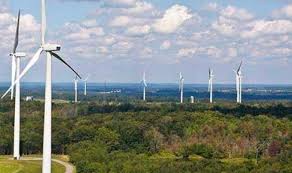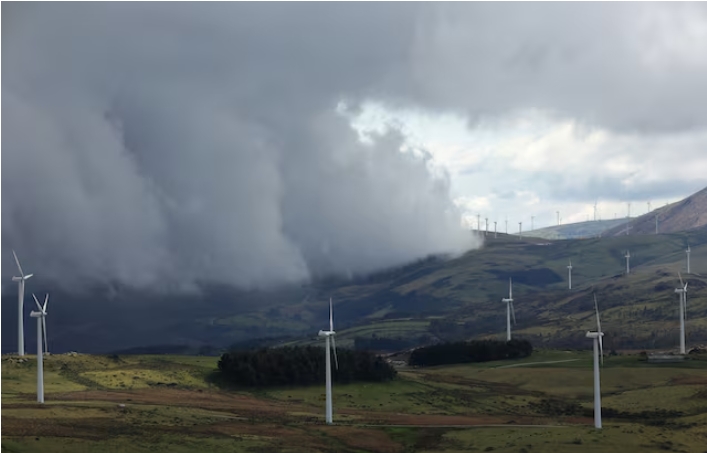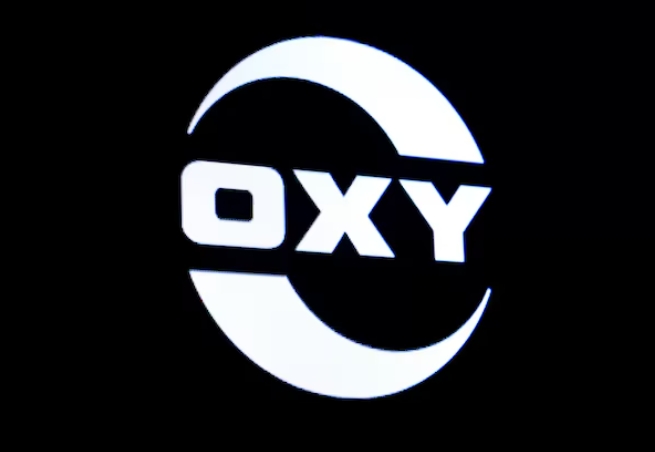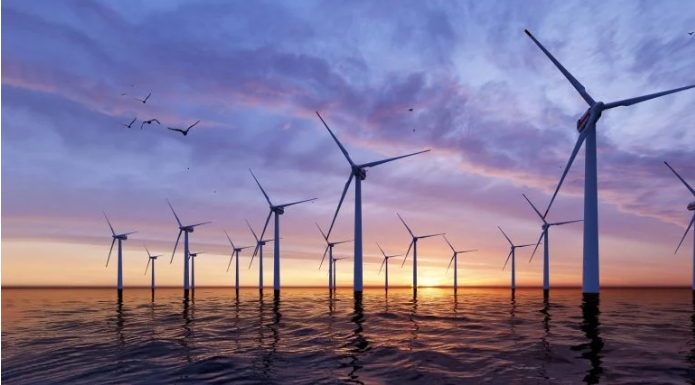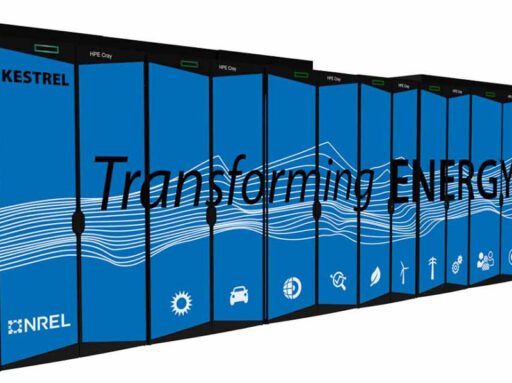LNG volumes sold on an oil-indexed basis could become cheaper.
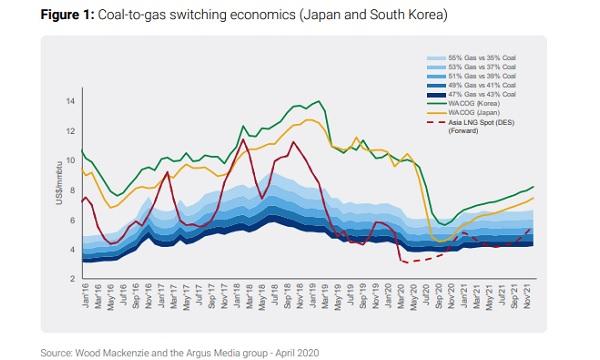
The collapse of oil prices since March could spur a switch from coal to gas in Japan and South Korea’s energy markets, as it could cause the generation cost gap between coal and gas to narrow significantly, according to a Wood Mackenzie report.
It noted that the oil price crash will make liquefied natural gas (LNG) volumes sell on an oil-indexed basis to be considerably cheaper through the year, dragging down the weighted average cost of gas (WACOG) prices in Japan and South Korea.
In particular, the top of the band for coal-to-gas switching is expected to be reached when the fleet’s most efficient gas plants displace the lowest efficiency coal plants.
“The average efficiency of Japan’s coal-fired plants is much higher than in South Korea. In either country, we expect that WACOG prices will need to fall deeper into the switching band to outcompete coal – and that point could be reached in H2,” the report stated.
Despite this, as well as the increasing anti-coal policy in South Korea, obstacles remain for widespread switching. First, the drop in energy demand due to the pandemic could result in a reduction in the utilisation of less efficient coal capacity. Thi could lift the average efficiency of the coal fleet, requiring even lower WACOG prices to incentivise a switch.
Second, seaborne thermal coal prices have been in near-freefall in the recent weeks, which would require WACOG prices to fall further before crossing into the switching range.
Third, utilities can procure LNG directly in Japan, but this is not the case for most South Korean utilities. A main LNG supplier for South Korea procures for the majority of the market before selling at a WACOG price.
“That said, Japan remains more conservative than South Korea in terms of its attitude to short term fuel mix changes,” the report noted.
Coal-to-gas switching has been a regular feature of the European power market over recent years. Meanwhile, this has remained limited in Japan and South Korea, two of the largest LNG and premium coal buyers in Asia, due to fuel procurement patterns, lack of competition in power markets and limited accessibility of spot LNG cargoes.
